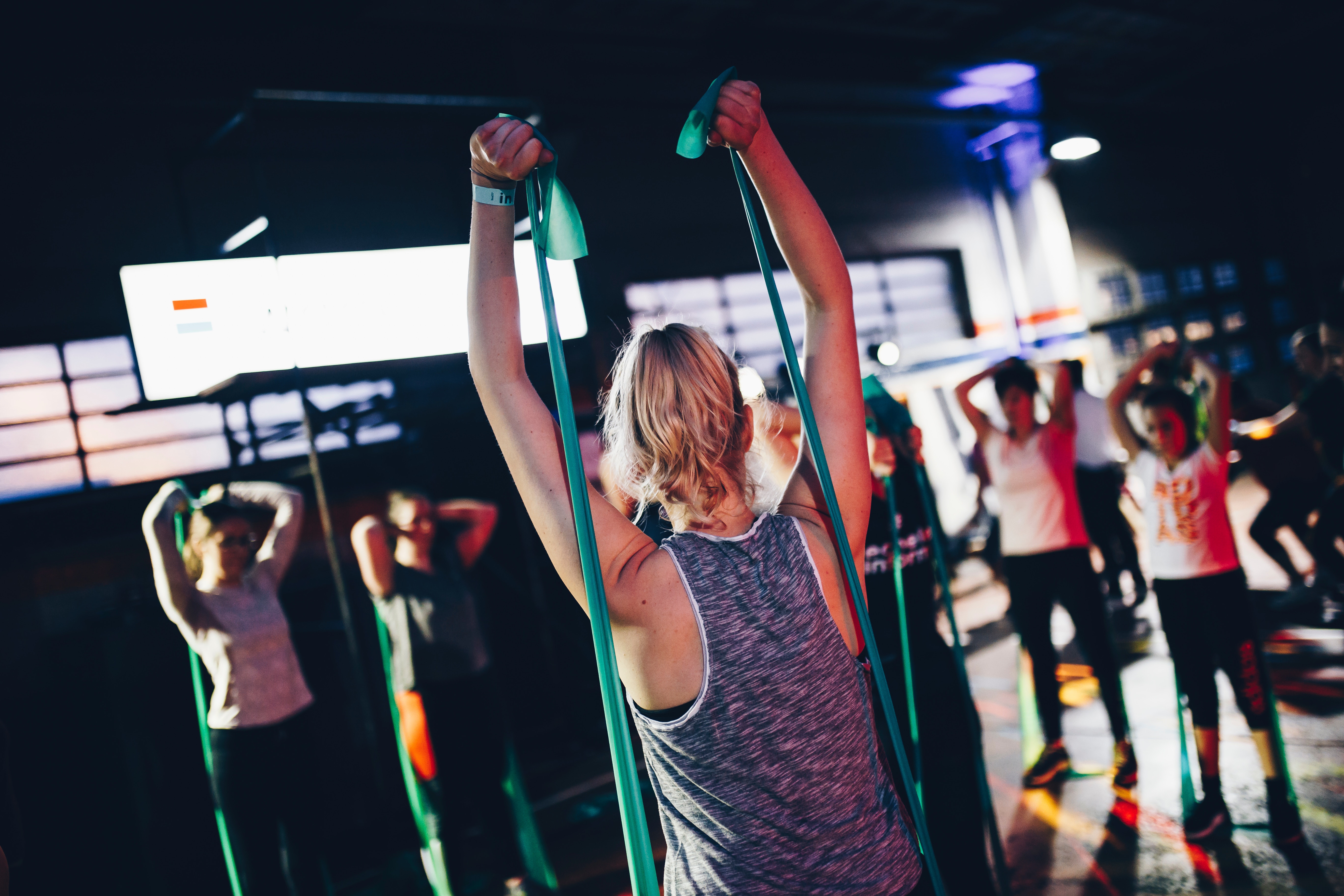By Susan Finley, Ed.D., NCC
“Notice that the stiffest tree is most easily cracked, while the bamboo or willow survives by bending with the wind.”-Bruce Lee
Exercise is an excellent tool for individuals who suffer from substance use disorders. It provides for practicing healthy coping mechanisms and an increased confidence in your ability to take your mind off worries, thus gaining control over depression and anxiety (a large component of addiction).
The body and mind are closely related. For this reason, it’s not surprising that when you take care of your body, your cognitive and emotional state also reap the benefits. Exercise releases “feel good” endorphins, which are natural cannabis-like brain chemicals and other natural brain chemicals that can enhance your sense of wellbeing. Exercise has been shown to have positive effects on the brain as well. These include neural growth, reduced inflammation, and cognitive benefits such as improved concentration. Research indicates that individuals who exercise have more energy throughout the day and sleep better at night. (Mayo Clinic).
3 Ways to Benefit from Physical Fitness Today:
Yoga Therapy—originating in ancient India, yoga is comprised of physical, mental, and spiritual practices to heal your mind, body, and spirit. Yoga helps to improve deep and mindful breathing, improving lung capacity. This careful and controlled breathing stimulates the relaxation response, which is very important for addressing anxiety, a major factor in drug and alcohol dependency. Regular practice of yoga increases flexibility and core strength resulting in better posture, as well as lower blood pressure and heart rate.
Tai Chi—sometimes referred to as “meditation in motion” this low impact, go without pausing form of martial arts originated in China. Tai chi is said to unblock and encourage the proper flow of qi (energy force thought to flow through the body). It also focuses on the concept of yin and yang — opposing elements thought to make up the universe that need to be kept in harmony. (Harvard Health).
Hiking—located in one of the most beautiful locations in the world, Passages Malibu is minutes from numerous hiking trails comprised of waterfalls and canyons overlooking the Pacific Ocean. Not only is exercising in nature a healing experience, it also comes with the added benefit of filling our lungs with fresh air as opposed to working out inside a gym.
Passages Addiction Treatment Center would like to help you find permanent freedom from your addiction through a holistic approach that can help you redefine the “why” that guides the life you decide to create. Unless you give exercise a try, you will never truly experience the physical, emotional, and mental benefits. Starting small will help ease the transition into a healthier, more active lifestyle that is sure to provide a number of positive outcomes to your life.
At Passages Malibu, our physical fitness program works to reverse the trends developed as part of an unhealthy lifestyle. During your stay, we will provide you with one-on-one sessions with a Certified Fitness Instructor in our own fully equipped fitness center, so you can work at your own pace and choose exercises that are right for you.
How to Contact Passages Addiction Treatment Centers:
Call Passages Addiction Treatment Centers today if you or a loved one is battling an addiction to drugs and alcohol. Our admissions department is available 24/7 and can be reached directly by calling our toll-free number at (888) 397-0112. We look forward to speaking with you soon.
Passages, Where Addiction Ends and Life Begins™
Follow us on Facebook, Twitter, Instagram, and Pinterest!
Selected resources
Harvard Health Publishing The health benefits of tai chi.
Mayo Clinic Depression and anxiety: Exercise eases symptoms.
Susan Finley, Ed.D., NCC is an educator, published researcher, and social media consultant. She is a National Certified Counselor (NCC), Distance Credentialed Counselor (DCC) (e-therapy), and Suicide Prevention Instructor (QPR) under the National Board for Certified Counselors.
Featured photo by: Geert Pieters


